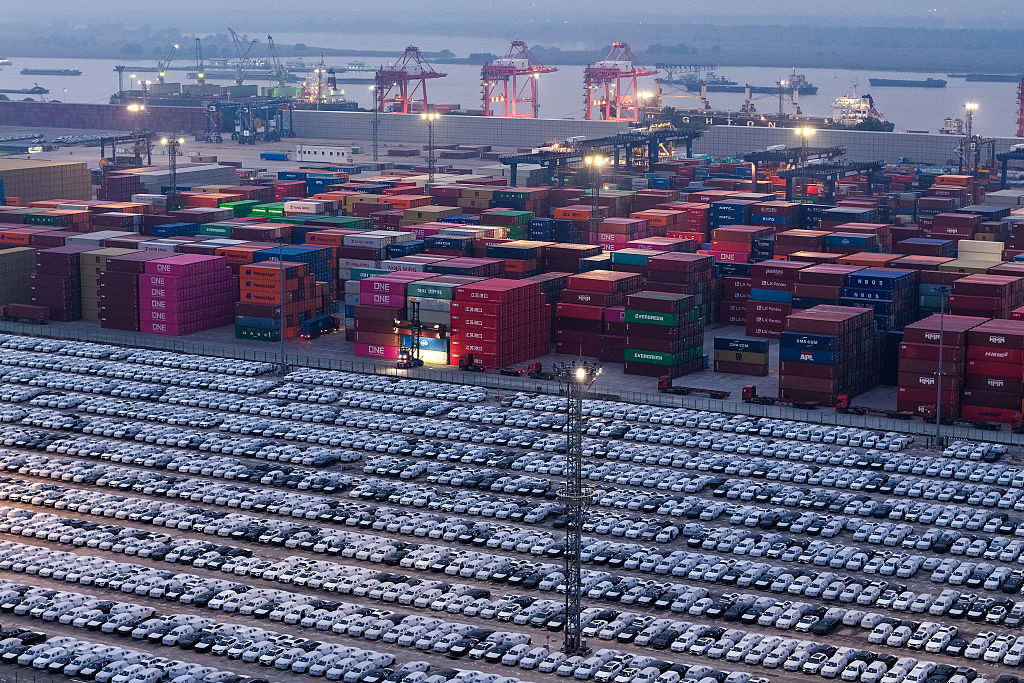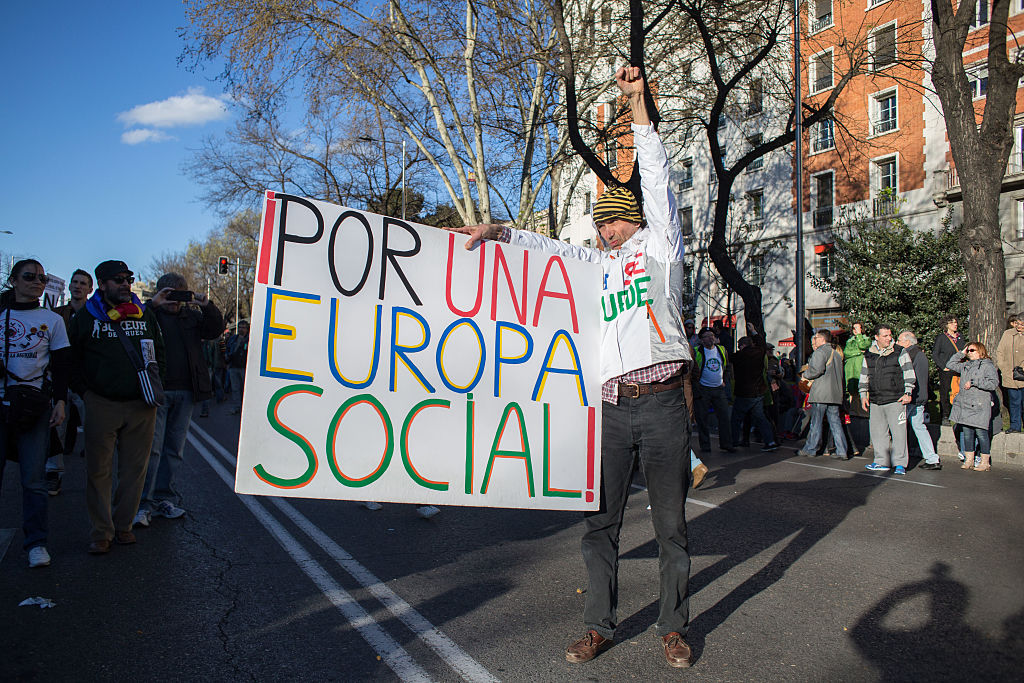The Brief – 31 October 2025: The Good, the Bad, and the Ugly
While there is now a consensus on the need to reduce dependence on China, the EU is so slow out of the blocks that the "race for strategic autonomy" feels like wading through treacle

It was backslaps and smiles between Presidents Trump and Xi at their summit in South Korea on Thursday, but the celebrations fell flat in Brussels.
Officially, that’s because the Commission was set to meet a Chinese delegation on Friday to talk trade, and didn’t want to say anything that might complicate the high-stakes encounter. But the détente between the world’s superpowers does little to allay concerns that Europe has been left in the cold and risks becoming collateral damage in this global power play.
After years of being held captive by China’s chokehold on rare earths, European industries face a crisis if relations with the Asian export giant sour. Take car manufacturers, who warned that production lines might be forced to close within two weeks unless Chinese export restrictions are lifted.
Some have suggested the EU reach for its anti-coercion instrument, its only credible retaliation against Beijing’s trade extortion. But this didn’t hold much sway with High Representative Kaja Kallas, who told The Economist that the tool should only be used “when you’re sure you have a backup option” (ie, can weather the trade freeze this would lead to). Otherwise, our “trade bazooka” is really a trade boomerang.
And while there is now a consensus on the need to reduce dependence on China, the EU is so slow out of the blocks that the “race for strategic autonomy” feels like wading through treacle. And while the Commission looks to Japan as an example of how to de-risk, it’s a long game that will take years to emulate, and the headwinds have never blown so strongly.
Punitive energy taxes
The energy crisis has passed, but EU households are still paying through the nose for energy, Niko Kurmayer reports. Whilst wholesale power prices have fallen, the cost savings have not trickled down to the domestic level, as taxes and levies generate a significant revenue for national governments.
As a result, consumers are less likely to switch to green technologies, such as electric cars and heat pumps. Energy Commissioner Dan Jørgensen has pressed EU members to reduce the taxes, which he said “can represent up to a third of the energy bill.” But the EU executive lacks the authority to force countries to change taxation.
Tobacco-like taxes on electricity keep Europe in energy permacrisis
Household electricity prices across Europe remain at crisis levels, shored up by national governments’ failure…
2 minutes

Muddy waters in the Mediterranean
With over 3,000 islands and surrounded by historically embattled powers, the Mediterranean has been a centre for maritime disputes for centuries. But tensions are again being stirred by the prospect of oil and gas exploration in contested waters.
Disagreements center on the issue of Exclusive Economic Zones, particularly those in the Aegean Sea. Unhappy with the current zones, Turkey has proposed redrawing the boundaries, eating into Greek waters. The argument escalated in 2019 when Turkey signed a deal with Libya’s Government of National Accord that overlooked the presence of Greek islands, including Crete. A retaliatory agreement between Greece and Egypt further stoked tensions.
Doubts remain as to whether Washington will intervene, but the overlay of interests and secondary considerations only adds to the complexity of the situation.
Golden Dawn cashes in on immunity
An MEP sentenced to over 13 years in prison for leading a criminal organisation was still able to receive thousands of euros in benefits, thanks to a legal grey area that allowed him to retain his seat in the European Parliament.
Ioannis Lagos was a senior figure of Greece’s Golden Dawn party, a far-right neo-Nazi organisation. Nevertheless, there was no legal basis to suspend his pay or mandate.
One transparency NGO investigating the case criticised Parliament’s part in keeping related documents secret.
“The fact that it was legal is the problem,” they said. “His case shows a serious flaw in the system that needs fixing to prevent it from happening again.”
EXCLUSIVE: EU Parliament paid thousands to Greek neo-Nazi MEP after criminal conviction
When neo-Nazi leaders of Greece’s Golden Dawn party were convicted of criminal organisation, illegal possession…
5 minutes

The Ukraine loan of contention
The loan that would deliver frozen Russian assets to Ukraine has been a bone of contention between EU leaders for weeks. Central to the debate is Belgium’s Prime Minister Bart De Wever, who rejected the plan to seize €140 billion of Russian state assets currently held in a Belgian clearing house.
As an alternative, De Wever proposed raising common debt to provide Ukraine with the vital funds it needs to continue its counteroffensive. But his suggestion didn’t resonate with other EU members, who are all facing their own financial challenges.
“There is no alternative to the reparation loan,” insisted Danish Prime Minister Mette Frederiksen. The discussion continues.
(cm)




